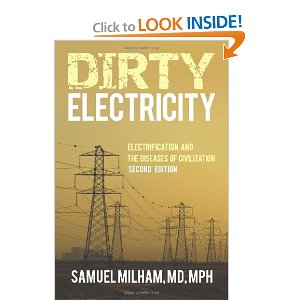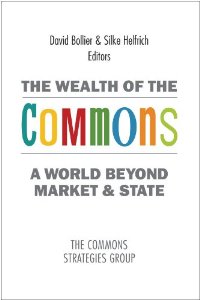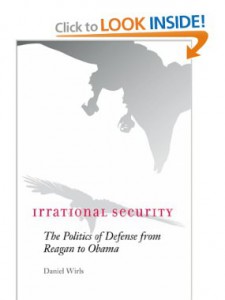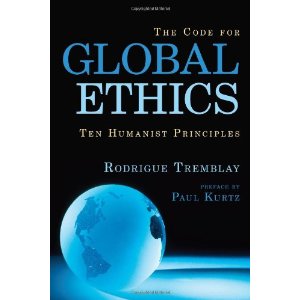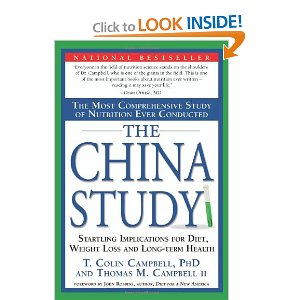
T. Colin Campbell and Thomas M. Campbell
2,496 of 2,682 people found the following review helpful
5.0 out of 5 stars Every doctor, teacher and parent needs to read this book! January 25, 2005
T. Colin Campbell has made a career of challenging the conventional wisdom around nutrition, and this book is the culmination of his work. His integrity, brilliance, and unflinching courage shine through every page.
The main point of this book is that most nutritional studies that we hear about in the media are poorly constructed because of what the author terms “scientific reductionism.” That is, they attempt to pin down the effects of a single nutrient in isolation from all other aspects of diet and lifestyle.
While this is the “gold standard” for clinical trials in the pharmaceutical world, it just doesn't work when it comes to nutrition. Given that the Western diet is extremely high fat and high protein compared to most of the rest of the world, studies that examine slight variations in this diet (i.e., adding a few grams of fiber or substituting skim milk for full fat milk) are like comparing the mortality rates of people who smoke five packs of cigarettes a day vs. people who smoke only 97 cigarettes a day.
Campbell's research, which he describes in a very accessible and engaging fashion, has two tremendous advantages over the typical nutritional study. First, there is the China Study itself – a massive series of snapshots of the relationship between diet and disease in over 100 villages all over China. The rates of disease differ greatly from region to region, and Campbell and his research partners (including some of the most distinguished scholars and epidemiologists in the world) carefully correlated these differences with the varying diets of the communities.
It's not lazy “survey research” either – the researchers don't rely on their subjects' memory to determine what they ate and drank. The researchers also observed shopping patterns and took blood samples to cross-validate all the data.
The second amazing part of Campbell's research method is his refusal to accept any finding without taking it back to his lab and finding out how exactly it works. In other words, we discover in The China Study not only in what way, but precisely how, the foods we eat can either promote or compromise our health.
The book is part intellectual biography / hero's journey (although Campbell is always wonderfully humble – there's no trace of self-congratulation, just a deep gratitude for what he has experienced), part nutrition guide (the most honest and unflinching one you'll ever read), and part expose. The final section leaves no sacred cow standing, and names names! From the food industry, to the government, to academia, Campbell calmly reports on a coverup of nutritional truth so widespread and insidious that all citizens should be enraged.
I have a PhD in health education and a Masters in Public Health – and I can honestly say that no book has shaken my worldview like this one. Anyone interested in health – their own, or that of their family, friends, or community – must read this book and share it. Campbell has started a revolution. Skip this work at your own peril.
Also see:
T. Colin Campbell Foundation
Videos of T. Colin Campbell presentations/talks on You Tube

